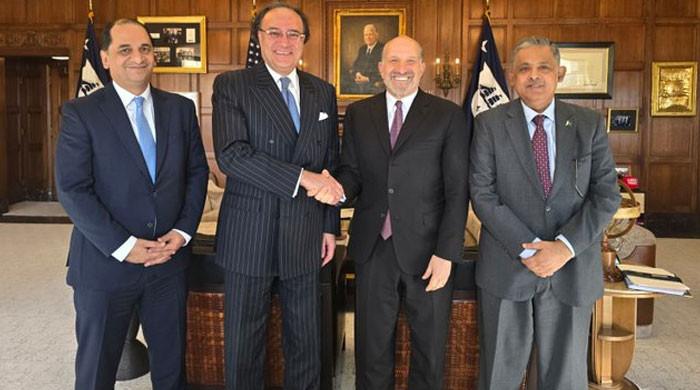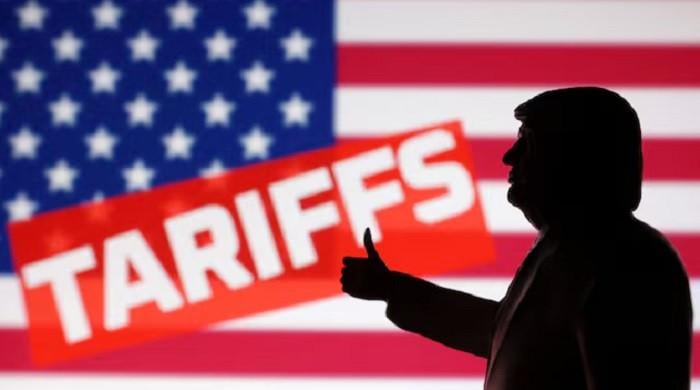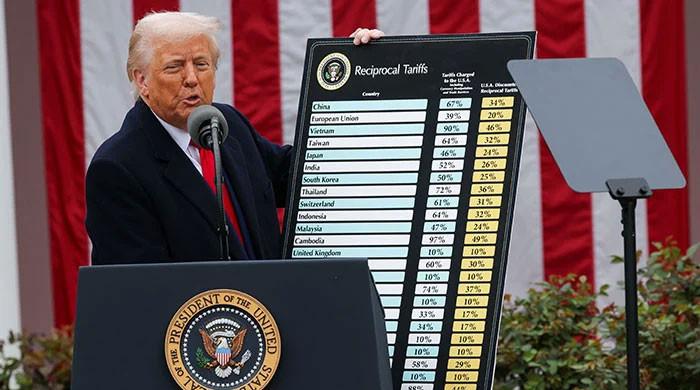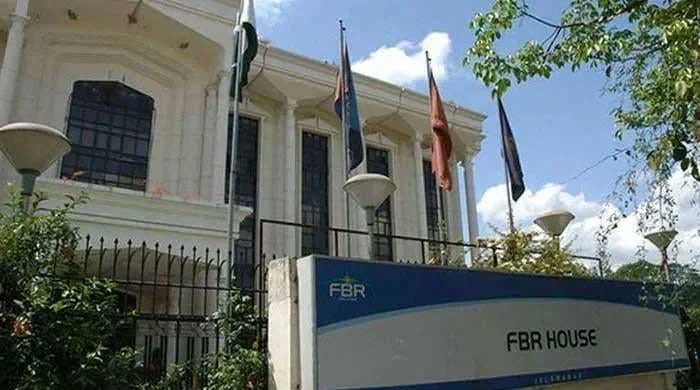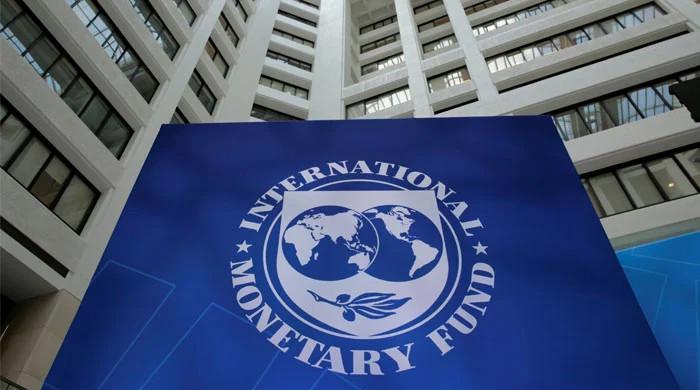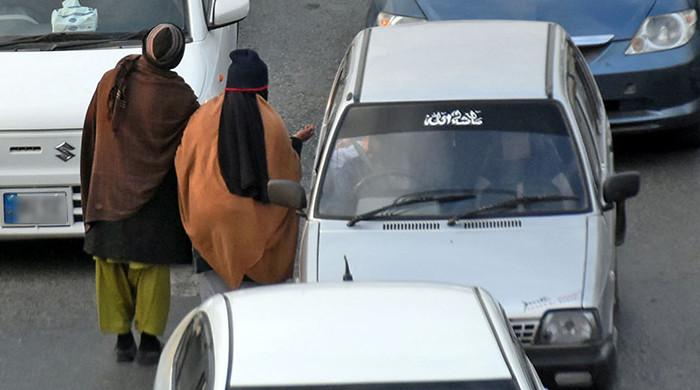Key proposals of the 'mini-budget'
Government seeks to reduce budget deficit and broaden tax collection net through Finance (Supplementary) Bill 2023
February 15, 2023
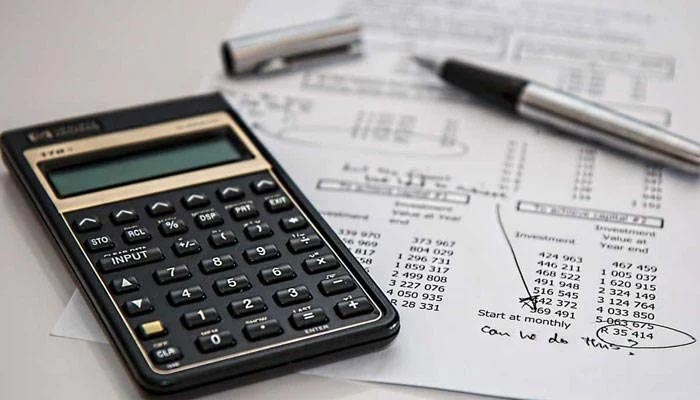
As the government seeks to fulfil the prerequisites for unlocking the $1.1 billion International Monetary Fund (IMF) loan tranche, Minister for Finance and Revenue Senator Ishaq Dar has introduced the Finance (Supplementary) Bill 2023 or the "mini-budget" in the National Assembly and Senate on Wednesday.
The government last night ratified the increase in the general sales tax (GST) rate from 17% to 18% and increased the Federal Excise Duty (FED) on cigarettes in order to fetch an additional Rs115 billion out of Rs170 billion agreed to by Pakistan in line with the IMF conditions.
Through the "mini-budget", the Pakistan Democratic Movement (PDM)-led government aims to reduce the budget deficit and broaden its tax collection net — in order to meet the conditions laid forth by the Washington-based lender.
Talking to reporters after the session on Wednesday, FinMin Dar said that he expects the bill to be passed in both houses by Monday or Tuesday as Senate Chairman Sadiq Sanjrani has "given us till Friday".
Key proposals
1. Increase in GST on luxury items from 17% to 25%
2. Federal Excise Duty (FED) on business and first-class air tickets be increased to Rs20,000 or 50% — whichever is higher
3. 10% withholding adjustable advance income tax to be imposed on marriage halls
4. Increase in FED on cigarettes, soft and sugary drinks
5. FED on cement to be raised from Rs1.5 kg to Rs2 kg
6. Increase in GST from standard 17% to 18%
7. GST to not be imposed on essential goods — wheat, rice, milk, pulses, vegetables, fruits, fish, eggs, meat
8. BISP stipend to be increased; govt to allocate Rs400 billion for programme




